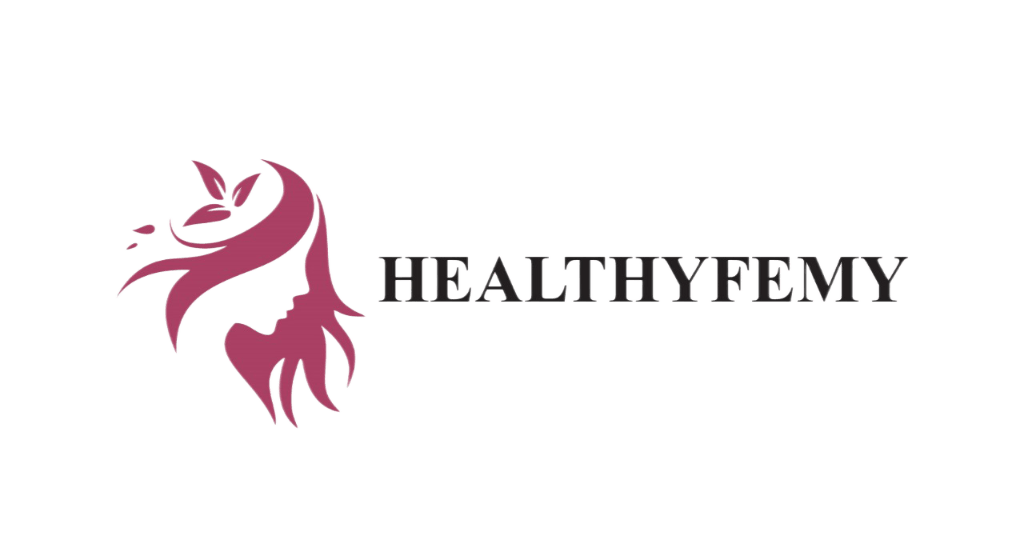Let’s get something out of the way: having a baby is overwhelming. Yes, it’s magical and beautiful and all that—but also, your body is exhausted, your mind is stretched thin, and your hormones are throwing an unpredictable tantrum. And for some new moms, those swirling emotions aren’t just the usual ups and downs—they’re early signs of something heavier. Something quieter. Postpartum depression.
Postpartum depression (PPD) doesn’t always march in with a dramatic entrance. Sometimes, it tiptoes in through the cracks, disguising itself as everyday exhaustion, mood swings, or guilt. That’s why recognizing the early signs is so important. Not only for your own well-being, but for your baby’s health and safety too.
This isn’t just a list of symptoms. It’s a reality check, a guide, and maybe even a lifeline.
The Sadness That Won’t Leave
New moms cry. That’s normal. Hormones are in freefall. You’re sleep-deprived. Your body is sore. But when the crying doesn’t ease up—or when you’re crying without even knowing why—that could be more than just the “baby blues.”
With postpartum depression, this sadness doesn’t fade after a few days. It lingers, it clings, and it gets heavier. It might sneak into moments that are supposed to feel joyful, like rocking your baby to sleep or seeing them smile for the first time.
Key thing to notice? If the sadness is deeper than tired tears—if it feels like grief, hopelessness, or a void—you’re not just moody. You’re struggling, and that’s okay. You’re not alone.
Guilt, Shame, and the “Bad Mom” Loop
One of the nastiest tricks PPD pulls is whispering in your ear, telling you you’re a failure. That you’re doing everything wrong. That other moms are doing it better. That your child deserves a more resilient caregiver.
It’s a lie. But in the fog of depression, that lie can sound like truth. You might feel guilty for not feeling happy. Or ashamed that you’re struggling to bond. Maybe you’re silently thinking, “I don’t even like being a mom right now,” and immediately drowning in guilt for having that thought.
These emotions don’t just pop up now and then. They stick. They loop. And they’re exhausting.
Not Bonding With the Baby
Here’s a tough one, and it’s more common than people admit: you love your baby, but you don’t feel connected to them. Or maybe you’re not even sure if you love them yet.
That can feel terrifying to say out loud. But it happens. Often. If you find yourself going through the motions—feeding, changing, rocking—without that emotional spark, you might assume something’s wrong with you. But it’s not a character flaw. It’s a signal that you might be experiencing postpartum depression.
Bonding doesn’t always happen instantly. And when depression is in the mix, it gets even harder.
Constant Anxiety or Dread
Not all postpartum depression shows up as sadness. Sometimes, it comes dressed as anxiety.
You might feel on edge all the time. Maybe you’re constantly checking if the baby’s breathing, Googling every little thing, or spiraling into “what if” thoughts—what if I drop her? What if I forget to feed him? What if something horrible happens?
This isn’t just typical new-parent worry. This is anxiety that hijacks your thoughts and keeps you up even when the baby’s asleep. And it doesn’t always stop with the baby. You might start worrying about your partner, your own health, the future—until you’re stuck in a mental hamster wheel that never shuts off.
Losing Interest in Things You Used to Love
Let’s be real: you don’t exactly have loads of free time with a newborn. But even in small moments, if nothing brings you joy anymore—if your favorite show, your favorite music, even your favorite snack all feel like… nothing—that could be a red flag.
Postpartum depression tends to flatten pleasure. It dulls the edges of things you used to enjoy. Days feel gray, not because of the weather, but because everything just feels… blah. And that “blah” can be quiet, which makes it easy to overlook. But if your whole inner world starts to feel numb, take notice.
Internal Link: Is Postpartum Depression Preventable? Complete Guide to Postpartum Mental Health
External Link: Postpartum Depression | MedlinePlus Health Information
Trouble Sleeping (Even When You Can)
This one’s tricky. Every new mom is tired. But if you can’t sleep even when the baby is asleep—if your body is heavy with exhaustion but your mind won’t shut off—that could be a sign of something deeper. On the flip side, some moms with PPD feel like they want to sleep all the time. They struggle to get out of bed, even if the baby is crying. That kind of fatigue isn’t just about having a newborn—it’s about depression.
Sleep is often the first thing to go haywire when mental health is struggling.
Changes in Appetite
Are you forgetting to eat? Or eating everything in sight and still feeling empty? Appetite swings are another sneaky symptom. Some new moms with postpartum depression lose interest in food entirely. Others find themselves stress-eating but never feeling satisfied.
It’s not just about weight or diet. It’s about noticing what your body’s telling you. When your emotional health is out of balance, your appetite often follows.
Withdrawing From Others
Maybe you stop texting people back. You cancel plans without thinking twice. The thought of making small talk—or even just answering the phone—starts to make your skin crawl. And it’s easy to say, I’m just busy with the baby, because sometimes that feels easier than explaining what’s really going on. But deep down, you know you’re pulling away. You don’t want people to see how bad you’re feeling. You don’t want to pretend you’re okay when you’re not.
That isolation feeds the depression. And the depression feeds the isolation. It’s a brutal cycle.
Angry Outbursts or Irritability
Another face of postpartum depression that doesn’t get talked about enough: anger.
You might find yourself snapping at your partner, yelling into a pillow, or seething with irritation at tiny things. Suddenly, you don’t recognize yourself. It feels like you’re completely out of control. Then comes the guilt.
This kind of rage isn’t a personality flaw. It’s a symptom. It’s your nervous system shouting for help.
Pro Tip: If your emotions feel overwhelming after childbirth or you notice persistent sadness, anxiety, or emotional numbness, don’t ignore it. Postpartum depression is common and treatable. Reaching out to a healthcare provider early can make recovery faster and easier.
Scary Thoughts
Let’s talk about the hardest part. Intrusive thoughts.
Some moms with postpartum depression experience terrifying thoughts—like imagining something bad happening to the baby, or fearing they’ll accidentally (or intentionally) hurt them.
These thoughts are horrifying. And moms often don’t say a word out of fear they’ll be judged or labeled “crazy.”
But here’s the truth: intrusive thoughts are a common part of PPD. You won’t necessarily act on them just because you have them. However, they do indicate that you need help—now.
External Link: Postpartum Depression | MedlinePlus Health Information
What to Do If You Notice These Signs
To begin with, you are not alone, powerless, or broken.
If any of these signs feel familiar, talk to someone. A partner. A friend. A therapist. A doctor. Someone who will hear without passing judgment.
There is help out there. Postpartum depression is treatable, and many moms recover fully with the right support.
Here are some first steps:
- Call your OB-GYN or primary care physician.
- Reach out to a mental health professional who understands postpartum care.
- Even if it’s difficult, tell someone you care about how you’re feeling.
- Join a postpartum support group (there are amazing ones online and in person).
And most importantly: give yourself grace. This is hard. It doesn’t mean you’re failing. It means you’re human.
Internal Link: Postpartum Recovery: Healing After Birth Week by Week
Final Thoughts: You Matter, Too
The world is quick to celebrate the baby. The cute outfits. The milestones. The first smile. But what about the mom? Your health, your life, and your emotions are vital. So if you’re reading this and seeing pieces of yourself in these words, take it seriously. Not with fear, but with compassion. Speak up. Ask for help. You don’t have to keep quiet and push through the darkness alone.
Postpartum depression may be quiet, but your healing doesn’t have to be.
External Link: Postpartum Depression – Symptoms, Causes, and Treatment | Mayo Clinic
FAQs:
Early signs may include persistent sadness, loss of interest in things you once enjoyed, irritability, feelings of guilt, or withdrawal from loved ones.
Postpartum depression can begin within the first few weeks after birth, but it may also develop months later.
While baby blues typically resolve within two weeks, postpartum depression lasts longer and is more intense, affecting your ability to function.
Yes, it can make bonding difficult due to emotional numbness, detachment, or overwhelming sadness.


